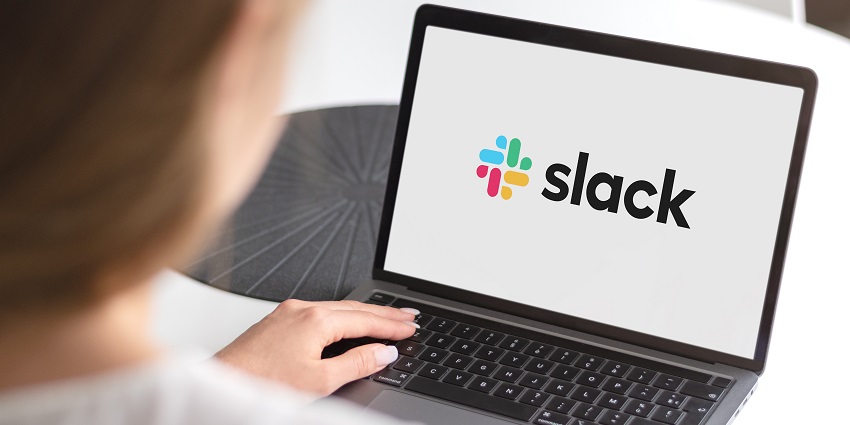Slack has revealed plans to delete data that is one year old for free users.
As it stands, free users have access to data that is 90 days old, while older data is hidden and only accessible when users upgrade to a paid account.
However, Slack has said it now “may” erase data that is a year old.
In a blog posted on the Slack Help Centre site, Slack said: “Over the years, we’ve changed our subscriptions and features to maintain the quality of Slack for our customers.
“As our customer base has continued to grow, so has our mission to make Slack a tool for businesses doing their best work.
“We will be reducing our data storage offering for the free version of Slack; starting 26th August 2024, we’ll begin deleting messages and files more than one year old from free workspaces on a rolling basis.”
Slack said it will delete data – namely messages and shared files – in line with its service agreement and compliance rules.
Users that stick with a free plan will have access to 90 days’ worth of data, with the remaining files from the rolling year period hidden but still available if they upgrade to a paid account.
Slack also said that free users can export data, giving them all data from public channels and links to all files, but not the files themselves.
Users on paid subscriptions are unaffected, meaning data will be stored in line with their chosen retention policy.
Slack offers two paid-for subscriptions, as well as bespoke pricing for larger businesses.
Slack Pro costs £3.50 per user per month and offers several additional features compared to the free tier, including longer data retention, group audio and video meetings, and the ability to collaborate on documents.
Business+ is £11.70 per user per month and includes single sign-on, provisioning and data exporting.
Customer Data Uproar
This is not the first time customer data has been a sore spot for Slack this year. In May, Slack updated its AI principles after a controversy emerged over how its customer data was being used to train its machine learning models.
The issue came to light when Corey Quinn, an executive at DuckBill Group, highlighted Slack’s Privacy Principles on X. Quinn pointed out that Slack was using user data to train its machine learning models and that users had to opt out of this process explicitly. The opt-out procedure involved users asking their organisation’s IT admin to contact Slack via email with a specific subject line.
Quinn’s reaction was one of disbelief: “I’m sorry Slack, you’re doing f***ing WHAT with user DMs, messages, files, etc? I’m positive I’m not reading this correctly.”
Slack employs machine learning to support in-app features like channel recommendations, search results, autocomplete, and emoji suggestions. However, the revelation that Slack uses customer data for these purposes—without users’ explicit consent—led to significant frustration.
In response, Slack posted a blog to clarify their data usage. It emphasised that its models do not learn, memorise, or reproduce customer data. Instead, they use de-identified, aggregate data rather than accessing message content in any channel.
Slack also stated that customer data is not used to develop large language models (LLMs) or other generative models. Instead, its generative AI product, Slack AI, leverages third-party LLMs.
New Features
In February, Salesforce announced the general availability of Slack AI to enhance worker productivity. By last month, Slack AI became accessible to all paying customers, featuring advanced capabilities like AI-powered summaries and personalised search answers.
Additionally, Google introduced interoperability between its Chat service and Slack, enabling seamless communication across different messaging platforms for Google Workspace customers.
In leadership news, Parker Harris, Salesforce cofounder and CTO, was named Slack’s new CTO in January, marking the departure of all original Slack founders from the company.







